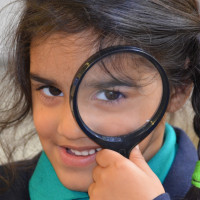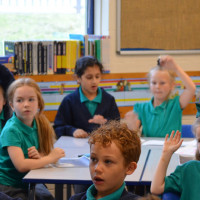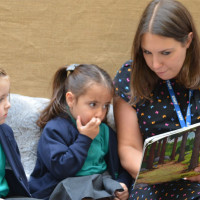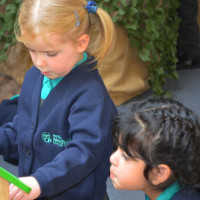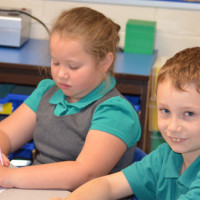Reading
Intent:
We believe all our children can become fluent readers. So this is why we use Little Wandle Letters and Sounds Revised which is a systematic and synthetic phonics programme. We start teaching phonics in Nursery and follow the programme ensuring children build on their growing knowledge of the alphabetical code, mastering phonics to read and spell as they move through school. Prior to phonics we focus on language development as a precursor to children become confident readers.
We value reading as a crucial life skill. By the time children leave us they read confidently for meaning and for pleasure. They have the tools to tackle unfamiliar vocabulary, retrieve information and infer
Implementation:
Phonics
The foundations for reading begin with phonics taught from Nursery to the end of Year 1 using Little Wandle Letters and Sounds Revised. Daily 30mins phonics sessions are built up quickly from children entering Reception. Each Friday the lesson reviews the week’s teaching to enable children to become fluent readers.
Group Reading: Reception and Year 1
We teach children to read through group reading practice sessions three times a week. Children are taught in small groups of 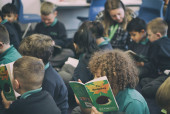 approximately 6 children using books matched to their secure phonics knowledge. Each session has a clear focus so the demands of the session do not overload the children’s working memory. The sessions are designed to focus on three key reading skills: decoding, prosody (reading with expression) and comprehension.
approximately 6 children using books matched to their secure phonics knowledge. Each session has a clear focus so the demands of the session do not overload the children’s working memory. The sessions are designed to focus on three key reading skills: decoding, prosody (reading with expression) and comprehension.
We continue to teach reading in this way for any children who still need to practise reading with decodable books in Year 2 and 3.
Guided Reading
In Years 2 to 6, whole class guided reading is taught every day for 30 minutes focusing on comprehension. In these lessons, teachers explicitly teach reciprocal reading strategies and follow RIC: retrieve, interpret, choice.
Home Reading and the Reading Scheme
All our children are expected to read at home daily for a minimum of 10 minutes.We have a whole school reading scheme (Collin’s Big Cat) and a wide range of decodable phonics books which match our phonic scheme for children who are still practising word reading.
Reading for Pleasure: 'recommended reads'.
Reception and Year 1 have 50 book titles in their ‘Dream Reads’ recommended book lists. Every child is sent home with one of these books for the weekend to share with their families. This supports our families in understanding the importance of reading to children.
From Year 2 to 6, each year group has 50 recommended reads for children to read over the year. These include a range of fiction, non-fiction, graphic novels and picture books. Children are encouraged to read as many of the recommended reads as they can during the year. Teachers select whole class novels from the recommended reads. These are shared with the class during timetabled daily adult led sessions.
To promote new authors and titles, ‘Author Spotlights’ happen termly within each phase to further ignite a passion for reading.
The school library is accessed fortnightly by each class, with children having the opportunity to take a book of their choosing home.

Click the link below to each year group 'recommended reads':
Impact:
Children will make at least good progress from their starting points. All children, unless there is an underlying additional need, will achieve the phonics screening by the end of Year 1. By the end of Year 6, children will be able to fluently read and understand a wide range of texts.

